Like most of today’s new age ‘content champions’, I spend a fair amount of time on social media, from my own personal accounts, to several clients across different platforms. Fair enough, we give thanks to the Hootsuites of today’s world, making our lives less stressful, but the need persists to cross-check, engage and respond to social media posts. For me, this can take place first thing in the morning – as I reach for the snooze button and have barely opened my eyes, to a quick walk from my desk to the coffee station, to loo breaks and waiting in-line at the grocery store.
Over the years, my loved ones have commented about my obsession with social media and how I am constantly glued to my phone. My response is a simple shrug and a laugh in defence that it’s an important part of my job.
But on second thoughts – where does one draw the line? It’s hard to tell when ‘liking’ an activity becomes an addiction and shifts into a destructive routine. Does spending two hours a day on Pinterest reading random How-To articles mean you’re hooked? How about four hours? One could argue you were just trying to stay current in your field for work, right?
Ironically, while scanning Facebook a few days ago, popular American entrepreneur, author, and product spokesman David “Avocado” Wolfe posted an interesting GIF (Graphics Interchange Format) titled, ‘Seven Signs Social Media is Taking Over Your Life’. For those of you that have never heard of David Wolfe, he is a social media influencer that promotes raw foodism, alternative medicine and many pseudoscientific ideas to more than 11 million Facebook followers.
Wolfe’s one-minute clip cleverly illustrates the prevalence of social media addiction with studies that confirm 54% of social media users feel some level of addiction to their social network of choice, while 46% of users visit social media several times or more, per day. He also provides seven signs social media addiction is taking over your life, these include:
- You do the wake-up & phone check: this is where you are barely awake and reach for your phone and scan social media networks while under the covers;
- You double-check: this is where you find yourself re-reading social media posts and double checking your own personal captions and posts on a regular basis;
- You take your phone to the bathroom: the habit of taking your phone to the bathroom is a pretty clear sign you can’t go anywhere without checking your favourite social network;
- Expectations vs Reality: this is when you are not satisfied with the feedback or level of response and your mood depends on the activity on your social media page;
- You scroll the day away: this is the part where you start scrolling and after several hours you are doing the same without even noticing the time passing by;
- You schedule your posts: bloggers and businesses schedule their posts to maximise traffic, if you are not one of the above but you’re scheduling your posts, your addiction might be ruling your life;
- You love the attention: this is when your self-worth and self-esteem is impacted by the number of likes and comments you get on social media.

Debatable, especially for us media and marketing folk, Wolfe has some noteworthy points to consider. According to PR Daily, the average internet user spends 118 minutes on social media per day, that’s almost 14 hours a week. Tech may, or may not be, ruining our lives but it is safe to say its running them, and maybe now is a good time to take a step back.
As necessary as social media is to our industry, PR Daily provides four ways to disconnect – to reconnect – through the following digital detox steps:
- Get serious and cut-down on time: take a hard look at (and maybe even keep a log of) how much time you spend on social media, particularly to those ‘quick checks’ vs real quick checks.
- Know the difference between Immersed vs Informed: yes, it is our job to stay current and informed, but we need to strike a balance between your news and your news sources.
- Turn off Notifications: avoid distractions and the need to compulsively check-in by turning off all notifications.
- Go old school: perhaps a whole day of no phones or social media is extreme but try it for a few hours or even starting with your lunch break. Instead of randomly checking for new likes or posts or updates – go offline and then schedule times to visit.
After sparking my interest in this subject and trawling the net, it seems that there’s no official medical recognition of social networking addiction as a disease or disorder, but behaviours associated with extreme use of social media have become the subject of discussion and research.
What I would like to see is how our interactions with our phones and social media change over time—maybe the pendulum will swing back the other way as they become less novel. But sadly, for our young Millennials and Generation Z’s out there who have grown-up with both, it’s not a novelty, it’s a way of life.

